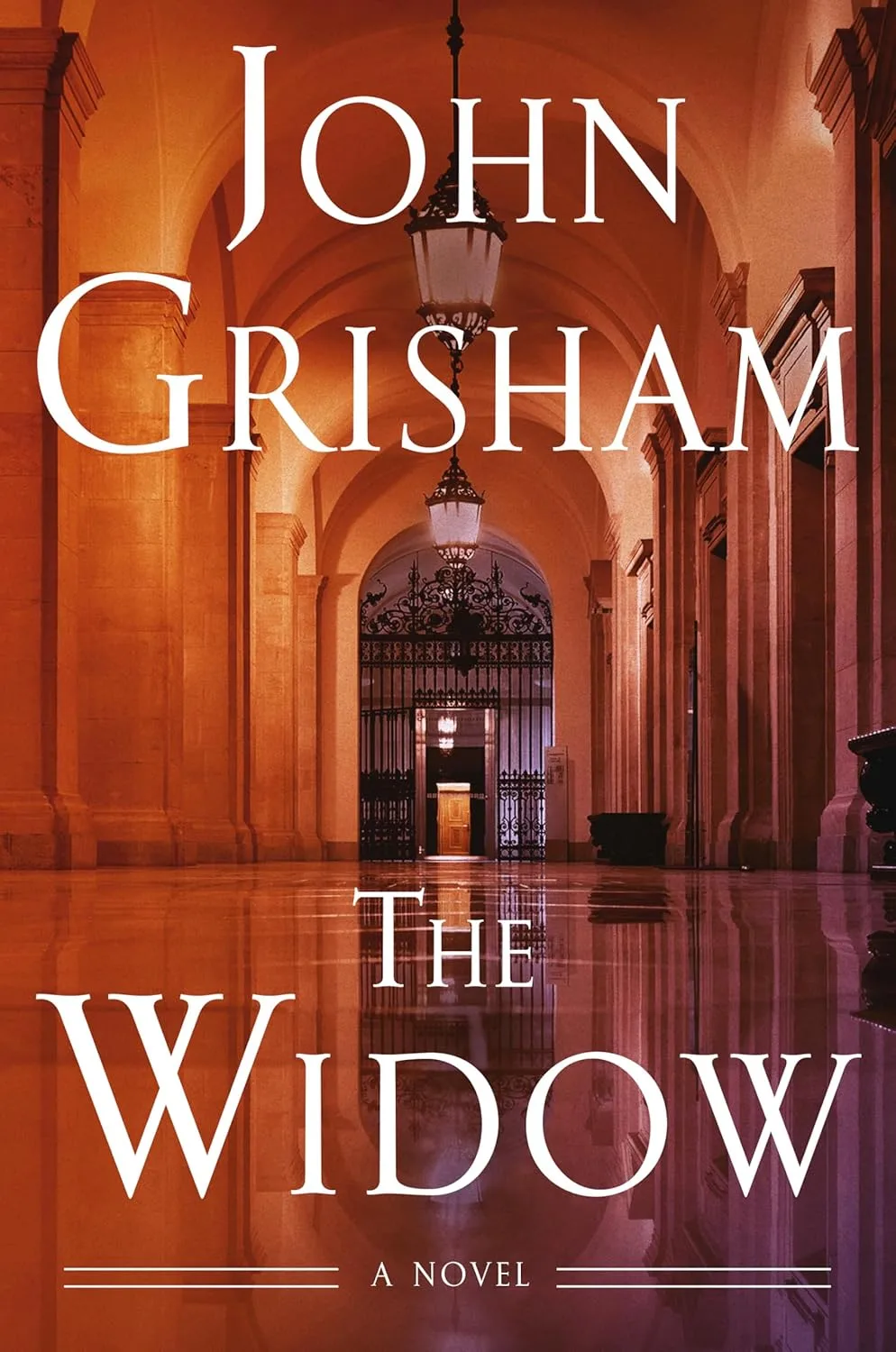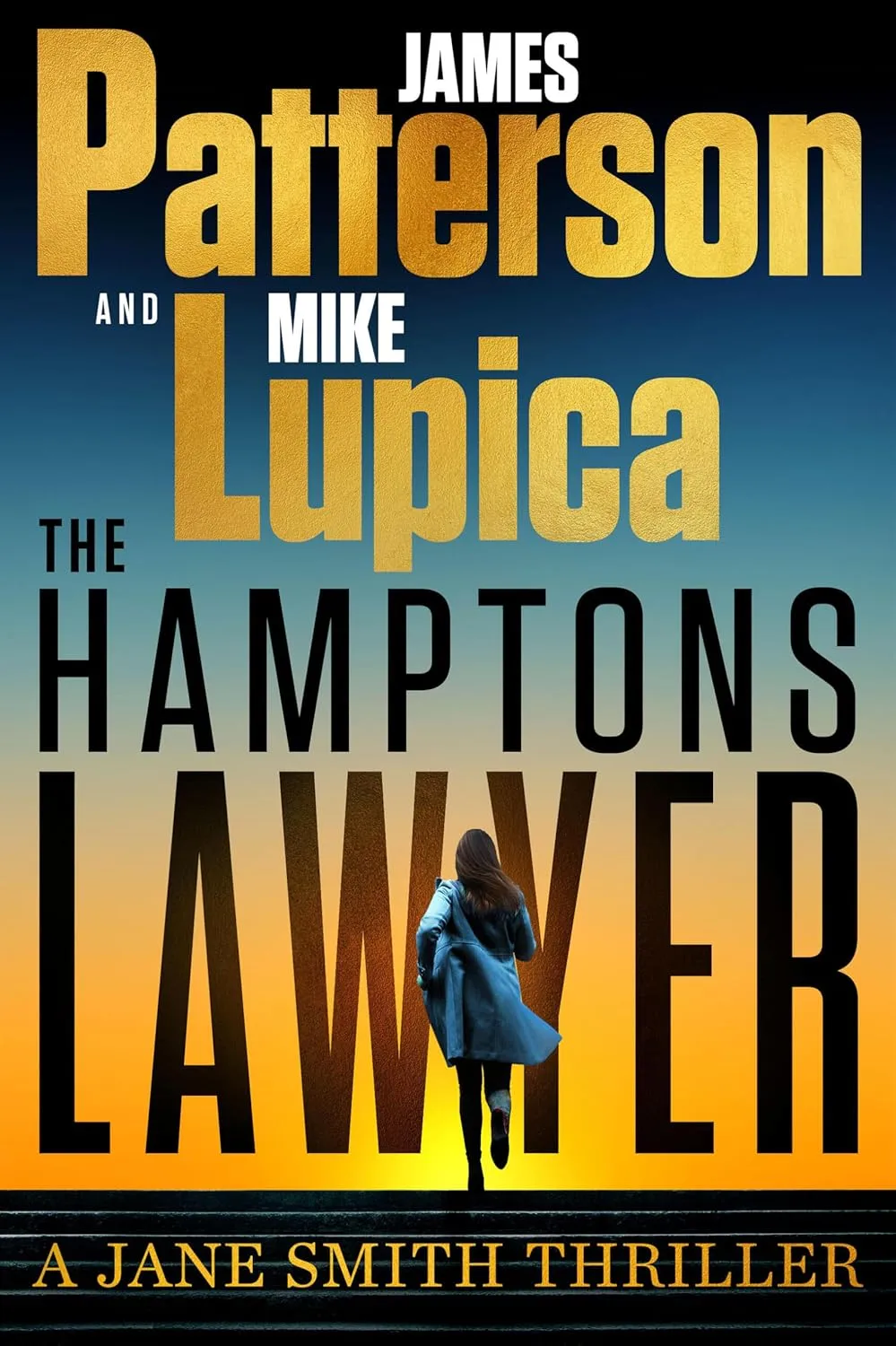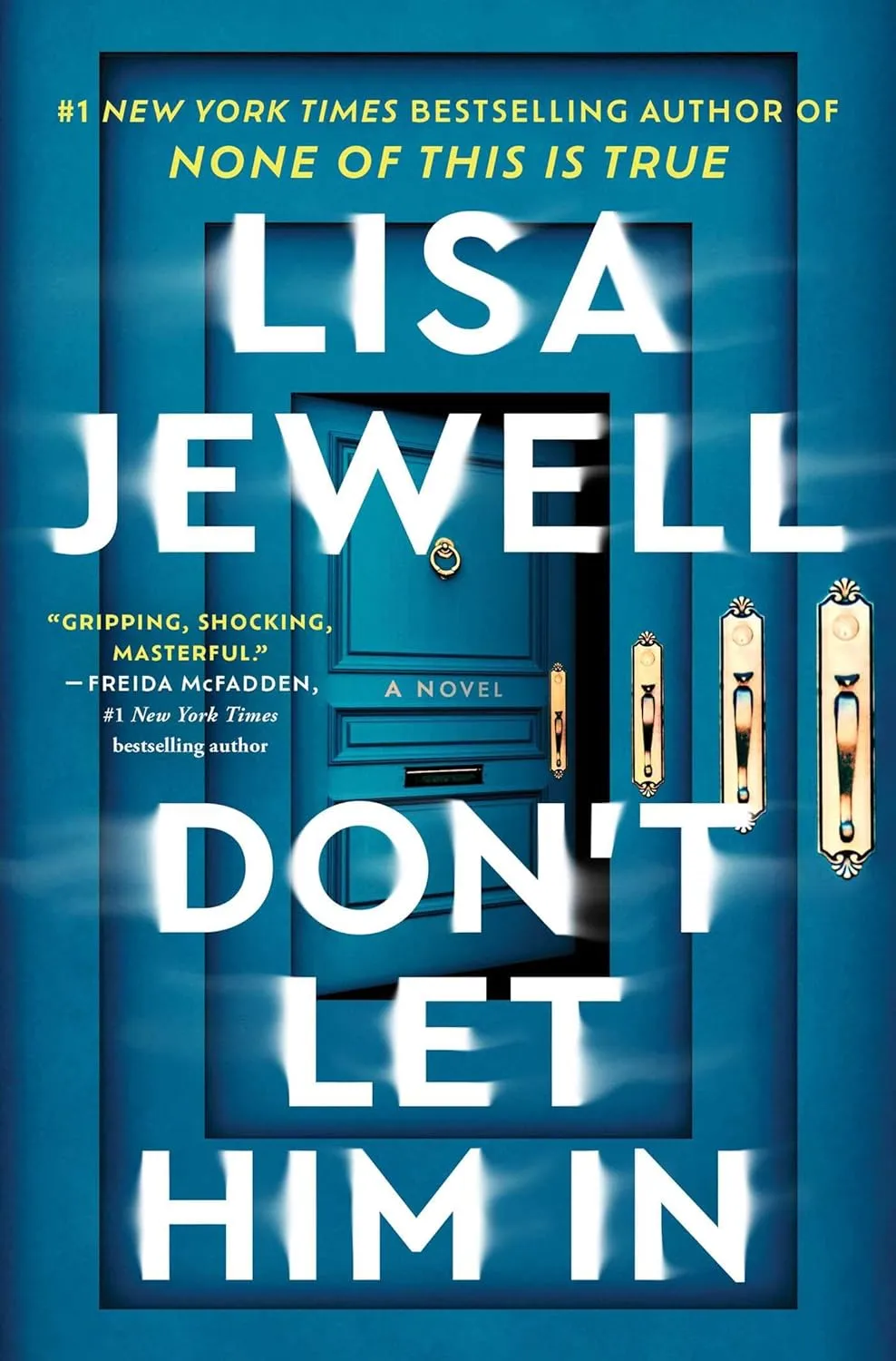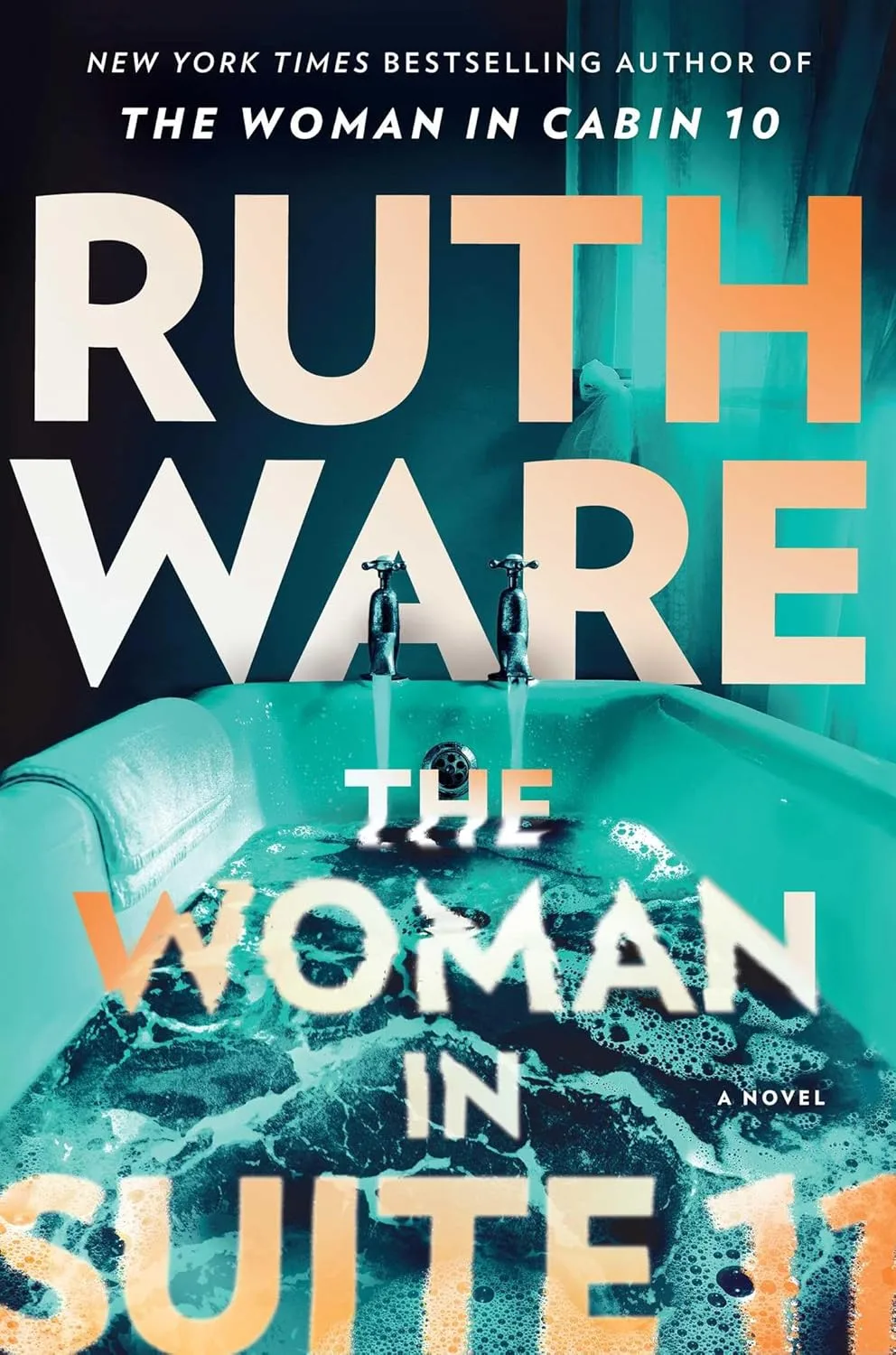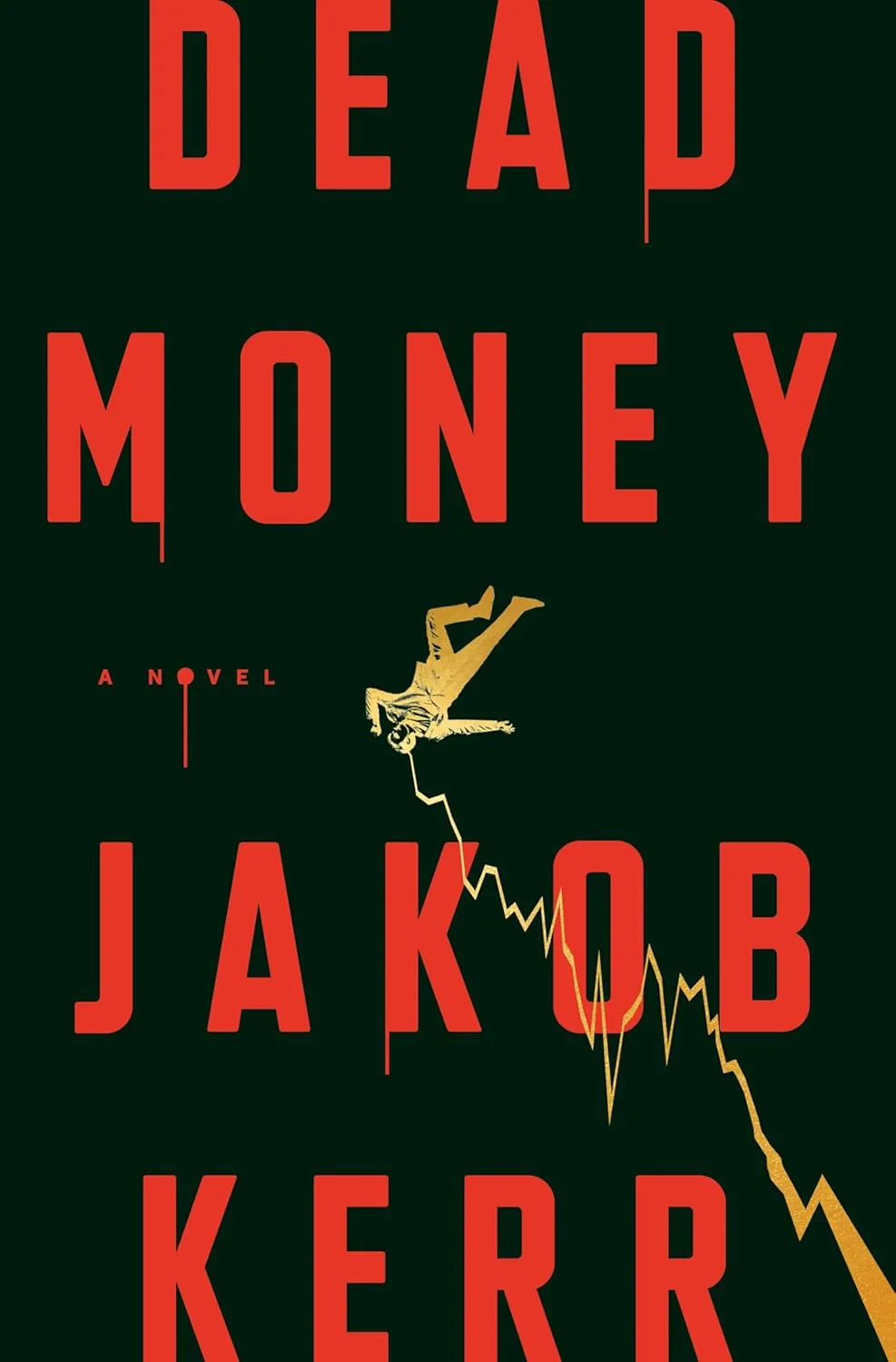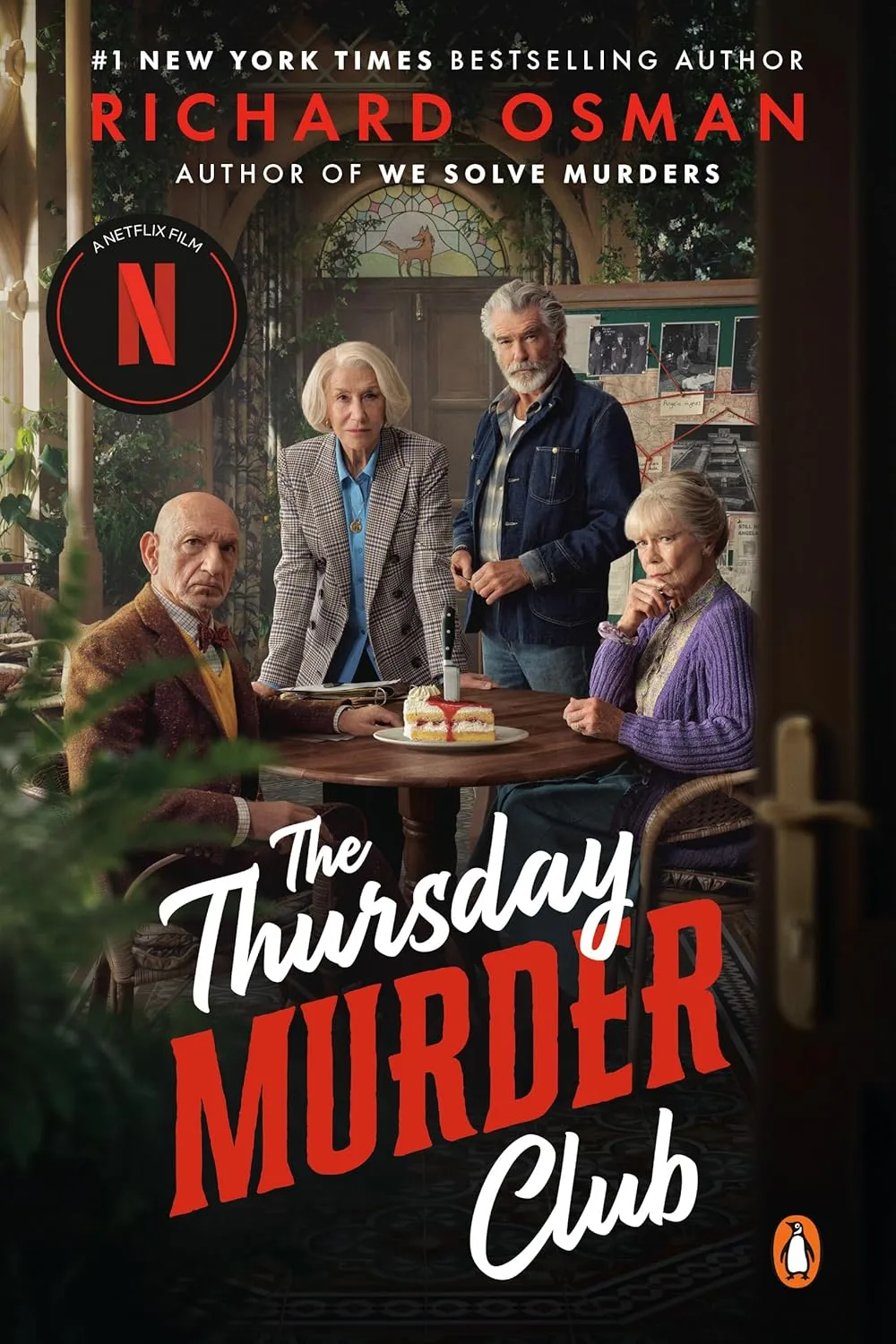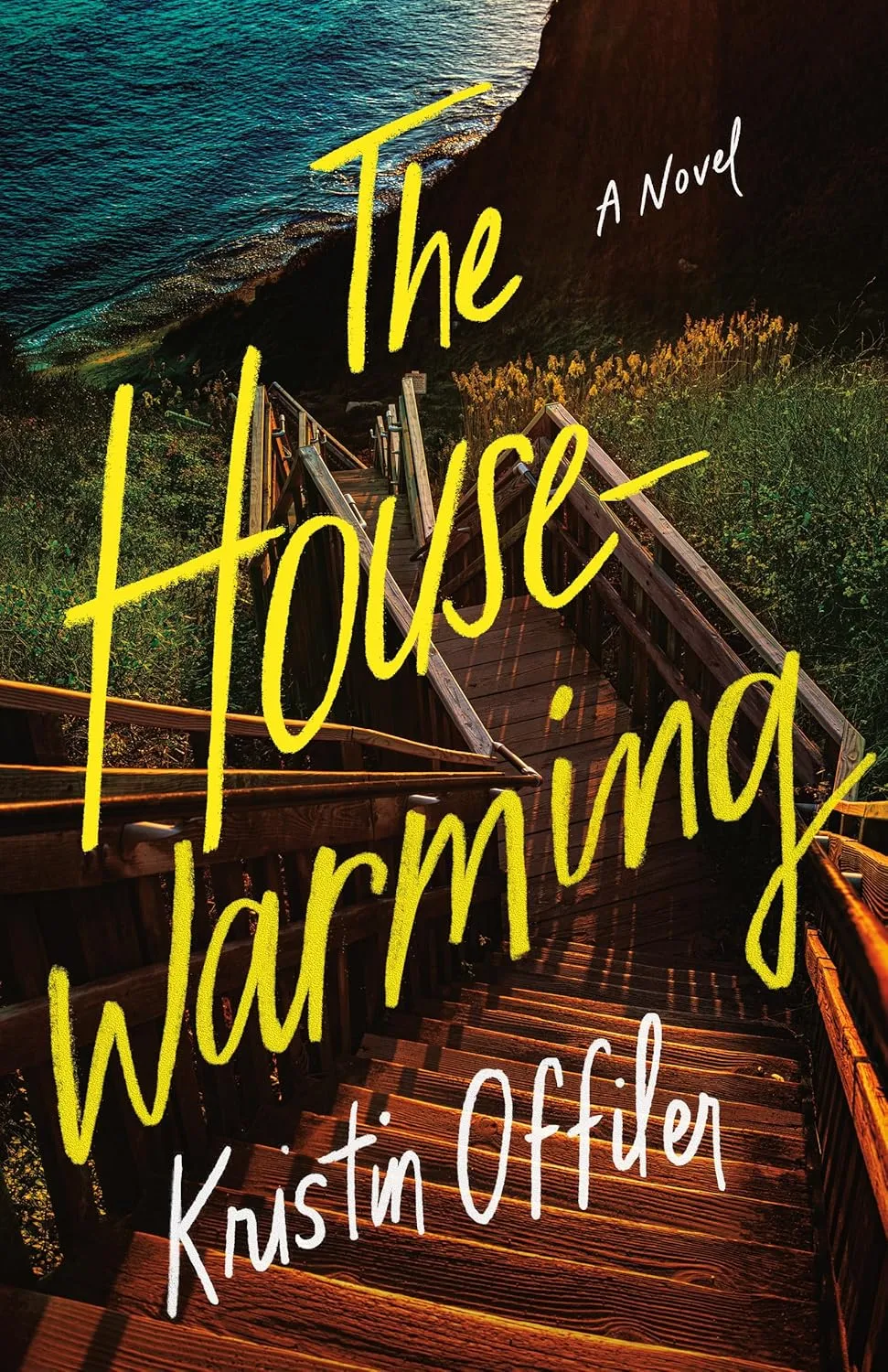Overview
John Grisham, the acclaimed master of the legal thriller, ventures into uncharted territory with The Widow—his first-ever whodunit, combining his signature courtroom drama with a classic murder mystery that’s even more suspenseful than his traditional legal thrillers. After more than fifty consecutive #1 bestsellers, Grisham proves he’s just as skilled at building mystery and suspense as he is at crafting compelling legal narratives.
The story follows Simon Latch, a struggling lawyer in rural Virginia barely making ends meet while his marriage falls apart. When Eleanor Barnett, an elderly widow, walks into his office needing a new will and reveals her late husband left her a hidden fortune, Simon thinks he’s finally hooked the richest client of his career. But when the widow dies under suspicious circumstances, Simon finds himself accused of her murder and must race to find the real killer to clear his name.
Gripping from the first client meeting to the final pound of the gavel, The Widow delivers a sharp, twist-packed whodunit where every clue points to the wrong man, showcasing Grisham’s mastery of yet another genre.
Key Takeaways
| Insight | Description |
|---|---|
| Genre Evolution | Grisham’s first true whodunit marks a successful departure from his traditional courtroom dramas into classic mystery territory |
| Morally Complex Protagonist | Simon Latch is neither hero nor villain but a flawed, sympathetic everyman struggling with debt, gambling addiction, and moral temptation |
| Small-Town Atmosphere | The rural Virginia setting creates a claustrophobic, tension-filled environment where everyone knows everyone’s business |
| Circumstantial Evidence | The book explores how innocent people can be trapped by circumstantial evidence and forced to prove their innocence |
| Legal Finesse | Grisham handles the legal complexities with professional expertise, demonstrating why he remains the undisputed master of legal fiction |
| Character-Driven Mystery | Unlike typical legal thrillers, this is more intimate and character-focused, trading David-vs-Goliath courtroom heroics for psychological depth |
| Timely Themes | The story examines financial desperation, ethical compromise, and the fragility of reputation in small communities |
Book Structure
Setting & Characters
Location: Braxton, Virginia—a small, rural town where legal work consists mostly of bankruptcies, drunk driving charges, and minor disputes
Protagonist: Simon F. Latch
- 18-year street lawyer whose law school dreams have faded
- Struggling with gambling debts and secret addiction
- Estranged from his wife Paula, sleeping in his office
- Barely scraping by financially
- A “nothingburger lawyer trying his best to keep things more or less legal”
The Widow: Eleanor “Netty” Barnett
- 85-year-old widow with a hidden fortune
- Claims to possess approximately $20 million in Coca-Cola and Walmart stock
- Prickly, cagey, and oddly evasive about her assets
- Determined to disinherit her two stepsons, Clyde and Jerry Korsak
- Not the simple, helpless widow she appears to be
Supporting Cast:
- Matilda Clark: Simon’s longtime secretary
- Paula Latch: Simon’s wife, whose income is more stable
- Wally Thackerman: Another lawyer who previously drafted Netty’s will
- The Korsak brothers: Netty’s estranged stepsons
- FBI agents and bookies who complicate matters
Plot Structure
Act One: The Setup Simon is tired of the small-time clients with bankruptcies, drunk driving charges, delinquent child support, foreclosures, and dubious disability claims that define his practice after 18 years. When Netty walks in, he assumes it’s another routine $250 will—until she mentions her vast fortune.
Act Two: The Complications Simon discovers that Wally Thackerman’s previous will essentially allowed the lawyer to pillage Netty’s estate. Simon types the new will himself without telling his secretary, tempted to draw on Netty’s wealth given his poverty, gambling addiction, and marital problems.
Act Three: The Crisis Netty dies unexpectedly in the hospital following a car accident. Initially listed as natural causes, the crash is soon questioned, and her death becomes a full-fledged murder investigation where all circumstantial evidence points at Simon.
Act Four: The Trial & Investigation Simon lands in the courtroom staring down a case stacked entirely against him. The only way to prove his innocence is to find the real killer—something he has no training whatsoever to do.
Narrative Style
The Widow is unlike Grisham’s other books, trading his familiar David-vs-Goliath courtroom heroics for a more claustrophobic, character-driven mystery. The book entertains with a drawn-out yet juicy legal battle, with the added benefit of a well-plotted whodunit.
About the Author
John Grisham is the undisputed master of the legal thriller and one of the most successful authors of all time.
Literary Achievements
Grisham is the author of more than fifty consecutive #1 bestsellers, which have been translated into nearly fifty languages. His recent books include Framed, Camino Ghosts, The Exchange: After the Firm, The Boys From Biloxi, and The Judge’s List.
Grisham is a two-time winner of the Harper Lee Prize for Legal Fiction and was honored with the Library of Congress Creative Achievement Award for Fiction.
Career Trajectory
When finally published, A Time to Kill met with little success, but when he sold the film rights to The Firm to Paramount Pictures, Grisham suddenly became a hot property among publishers. Spending forty-seven weeks on the New York Times bestseller list, The Firm became the bestselling novel of 1991.
Since first publishing A Time to Kill in 1988, he has written one novel a year, and all of them have become international bestsellers. There are currently over 275 million John Grisham books in print worldwide, which have been translated into forty languages.
Personal Mission & Advocacy
When he’s not writing, Grisham serves on the board of directors of the Innocence Project and of Centurion Ministries, two national organizations dedicated to exonerating those who have been wrongfully convicted. Much of his fiction explores deep-seated problems in our criminal justice system.
John lives on a farm in central Virginia, which likely inspired the rural setting of The Widow.
Why This Book Resonates
A Bold New Direction
After more than three decades of producing bestselling legal thrillers, Grisham tries his hand at a whodunit, proving there’s no genre he can’t master. This represents a significant creative risk for an author who could easily continue producing his signature courtroom dramas.
Relatable Protagonist
Grisham’s nuanced portrait of Latch demonstrates his gift for constructing morally flawed yet sympathetic characters. Simon isn’t a crusading hero or corrupt villain—he’s an ordinary person facing extraordinary temptation and consequences, making his predicament deeply relatable.
Timeless Themes
The book examines universal struggles: financial desperation, the erosion of marriage, the temptation to compromise ethics for survival, and how quickly reputation can be destroyed by circumstantial evidence. These themes resonate powerfully in an era of economic anxiety and social media judgment.
Small-Town Authenticity
The book crackles with small-town secrets, tension, and authentic atmosphere, drawing readers into a world where everyone knows your business and gossip spreads like wildfire.
Legal Expertise
Grisham’s background as a lawyer and his decades writing legal thrillers shine through. He handles the legal complexities of the case with professional finesse, making complex procedures accessible and compelling.
Ideal Audience
This book appeals to a wide range of readers:
- Long-Time Grisham Fans: Readers who’ve followed his career and want to see him tackle a new genre
- Mystery & Thriller Enthusiasts: Those who love classic whodunits with legal elements
- Legal Drama Aficionados: Fans of courtroom tension and procedural detail
- Character Study Lovers: Readers who appreciate morally complex, flawed protagonists
- Small-Town Fiction Fans: Those drawn to intimate, community-based settings
- Casual Mystery Readers: The book requires no specialized legal knowledge
- Book Club Members: The moral ambiguity and character choices spark excellent discussion
The author’s fans will be galvanized by this impressive return to form, while new readers will find an accessible entry point to Grisham’s work.
Memorable Quotes
“A classic, compulsive, taut and thrilling novel from one of the great storytellers of our time. The Widow is John Grisham at his irresistible, unforgettable best. No one does it better.”
— Chris Whitaker, New York Times bestselling author of All the Colors of the Dark
“A captivating legal whodunit . . . [Grisham’s] nuanced portrait of Latch demonstrates his gift for constructing morally flawed yet sympathetic characters. The author’s fans will be galvanized by this impressive return to form.”
— Publishers Weekly
“Gripping from the first client meeting to the final pound of the gavel, The Widow delivers a sharp, twist-packed whodunit where every clue points to the wrong man as John Grisham proves there’s no genre he can’t master.”
— Ryan Steck, The Real Book Spy and author of Gone Dark
“Everything you’d expect from Grisham, and this time something more.”
— Kirkus Reviews
Central Themes
| Theme | Exploration |
|---|---|
| Moral Ambiguity | Simon occupies ethical gray areas—he’s not corrupt like Wally Thackerman, but he’s tempted by Netty’s wealth and makes questionable decisions |
| Financial Desperation | The book examines how economic pressure can push good people toward compromising their values |
| Circumstantial Evidence | Explores how innocent people can be convicted when all the evidence points their direction, even without direct proof |
| Small-Town Dynamics | The intimate setting amplifies both support and suspicion, where reputation is everything and privacy is impossible |
| Addiction & Weakness | Simon’s gambling problem represents the hidden struggles that undermine success and complicate crisis situations |
| Marital Breakdown | The dissolution of Simon’s marriage parallels his professional crisis, showing how personal and professional problems compound |
| Justice System Flaws | Consistent with Grisham’s advocacy work, the book examines how the system can fail innocent people |
| Unexpected Capability | Simon must transform from routine lawyer to investigator, discovering strengths he didn’t know he possessed |
FAQ
Q: Is this really Grisham’s first whodunit?
A: Yes. While his previous books often involved mysteries and investigations, The Widow is his first novel structured as a classic murder mystery where readers try to identify the killer alongside the protagonist.
Q: Do I need to read Grisham’s other books first?
A: No. The Widow is a standalone novel with no connections to his previous works. It’s an excellent entry point for new readers.
Q: How does this compare to his classic legal thrillers?
A: It’s different—more claustrophobic and character-driven than his typical David-vs-Goliath courtroom heroics. It still features legal expertise but with more psychological depth and mystery elements.
Q: Is the mystery predictable?
A: Reviews describe it as well-plotted with smart, well-timed twists that keep readers guessing until the end. While Kirkus notes the whodunit itself is “unremarkable,” they praise the overall execution.
Q: What’s the pacing like?
A: The book is described as slow to medium-paced, emotional, suspenseful, and full of courtroom tension. Grisham follows his trademark style—a long, detailed lead-up to a tense confrontation with a satisfactory conclusion.
Q: Are there content warnings?
A: Content warnings include death, murder, gambling, violence, divorce, and poisoning.
Q: What’s the page count and commitment?
A: The book is 416 pages—substantial but not overwhelming for Grisham fans accustomed to his thorough storytelling.
Critical Reception
Commercial Success
The Widow debuted as a #1 New York Times Bestseller, continuing Grisham’s unbroken string of bestselling novels and proving readers were eager to follow him into new territory.
Critical Praise
Publishers Weekly praised the book as a captivating legal whodunit and highlighted Grisham’s gift for creating morally complex characters.
Kirkus Reviews noted that while delivering everything readers expect from Grisham, the book offers “something more” with its character-driven approach.
The Real Book Spy called it gripping from start to finish and praised Grisham for proving he can master any genre.
Reader Response
Goodreads reviewers describe the book as emotional, suspenseful, full of small-town secrets and courtroom tension, with readers feeling fully immersed and on the edge of their seats. Many note satisfaction with the ending and recommend it for legal thriller fans.
Reviewers praise Simon as a likeable protagonist despite his flaws, making his predicament all the more engaging.
Mixed Elements
Some critics note that while the whodunit mystery itself is unremarkable, Grisham’s handling of legal complexities and character development elevates the material. The book succeeds more on character and atmosphere than on revolutionary mystery plotting.
Final Thoughts
The Widow represents both a creative risk and a triumph for John Grisham. After fifty consecutive bestsellers, he could have easily continued producing his signature courtroom thrillers. Instead, he chose to challenge himself with a new format—the classic whodunit—and succeeded brilliantly.
What makes The Widow exceptional isn’t just the mystery plotting, though that’s competently executed. It’s Grisham’s deep understanding of his protagonist’s moral universe. Simon Latch isn’t Jake Brigance fighting injustice or Mitch McDeere escaping corruption. He’s an ordinary lawyer grinding through a disappointing career, tempted by opportunity, and suddenly fighting for his life against a system he thought he understood.
The book’s greatest strength is its intimate scale. Rather than taking on corporate conspiracies or government corruption, Simon faces a very personal nightmare: being falsely accused in a community where everyone knows him. The stakes are simultaneously smaller and more visceral than typical Grisham fare. There’s nowhere to hide in a small town, no anonymous jury to convince, no fresh start waiting somewhere else.
Grisham’s three decades of legal expertise shine through every courtroom scene and procedural detail. His advocacy work with the Innocence Project clearly informs his portrayal of how circumstantial evidence can trap innocent people. Yet he never preaches—he simply shows how quickly reputation crumbles and how difficult proving innocence can be when the evidence aligns against you.
For longtime fans, The Widow offers the pleasure of watching a master try something new and succeed. For new readers, it’s an accessible introduction to Grisham’s work that showcases his strengths: complex characters, authentic settings, legal expertise, and compelling storytelling. And for anyone who appreciates a well-crafted mystery, it delivers the fundamental satisfaction of a puzzle that keeps you guessing while playing fair with clues.
The book is fully immersive with edge-of-your-seat tension and a satisfying ending. It proves that even after fifty bestsellers, Grisham can still surprise, innovate, and deliver the kind of compelling page-turner that keeps readers up past midnight.
Links
- Buy the Book on Amazon
- More Summaries
- Publisher: Doubleday (US) / Hodder & Stoughton (UK)
- Publication Date: October 21, 2025
- Pages: 416
- Official Website: JGrisham.com/the-widow
- Author Page: JGrisham.com

